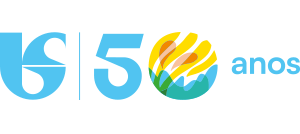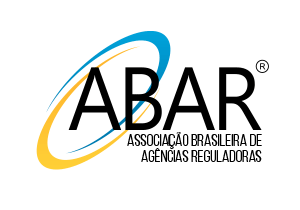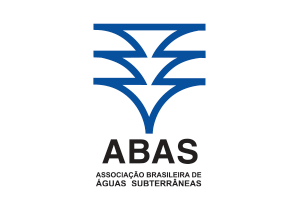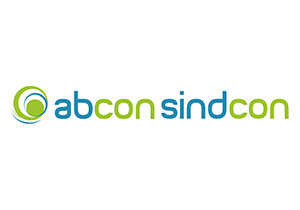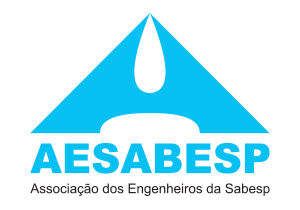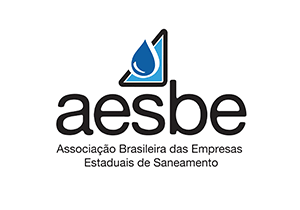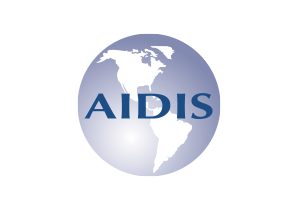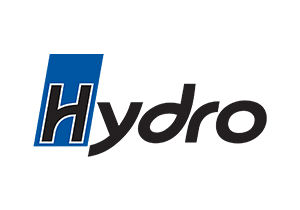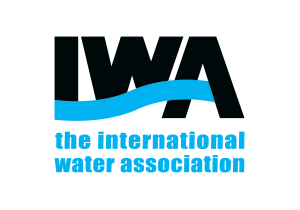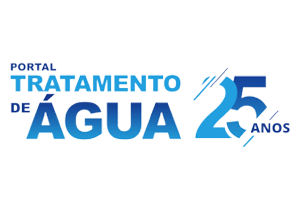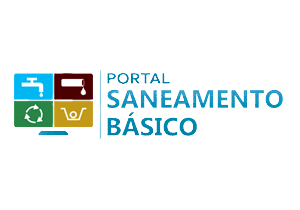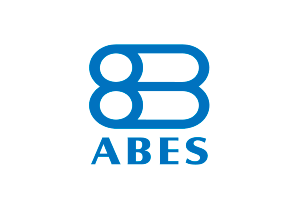About the theme
The objective of the sessions on this theme is to shed light on a very strategic subject for companies operating in the sanitation sector, whether they are national or international, which is sewage treatment.
We will seek to bring different approaches that will contemplate the dissemination of knowledge, focusing on the process of expanding treatment plants, facing the challenge of Universalization of sanitation services.
This expansion will be enhanced if associated with the concepts of Circular Economy, focusing on the transformation of waste from the treatment process into resources that will return to society, making it increasingly sustainable in terms of natural resource utilization. This strategy can be crucial to ensure the sustainability and efficiency of processes, both in optimizing material usage and returning to the environment.
In this panel, we will strongly address the concepts of sustainable WWTPs, through the implementation of practices, routines, and technologies that allow for full results attainment, utilization of waste from the treatment process, where the Circular Economy will have a central role, from the efficient consumption of inputs, through sludge beneficiation, biogas energy utilization, and production of reuse water. Sustainable WWTPs aim to optimize resources, generating benefits for the environment and society, reducing potential environmental impacts and enhancing process performance.
We will also discuss the production of reuse water, whether for industrial use, irrigation, or other purposes, the energy utilization of biogas, through energy generation or vehicle supply, thus reducing the carbon footprint. Minimizing waste generation through sludge beneficiation for use in agriculture.
We will address the use of cutting-edge technologies to achieve these objectives, evaluating the increased benefits and seeking alternatives that require lower energy and chemical consumption, ensuring more significant environmental results.
The expansion of treatment plants, bringing concepts of process optimization and efficiency, incorporation of circular economy, and technologies aiming for greater process sustainability will require significant investments and professional training, in addition to society’s awareness.
Coordinators
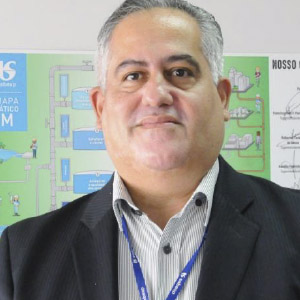
Nivaldo Rodrigues da Costa Junior
Operational Development superintendent at Sabesp
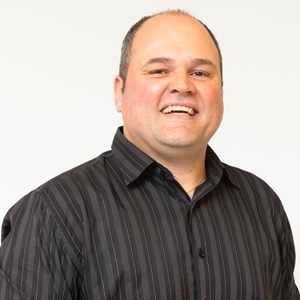
Gustavo Rafael Collere Posseti
Research and Innovation manager at Sanepar ABES Sewage Treatment Thematic Chamber coordinator

